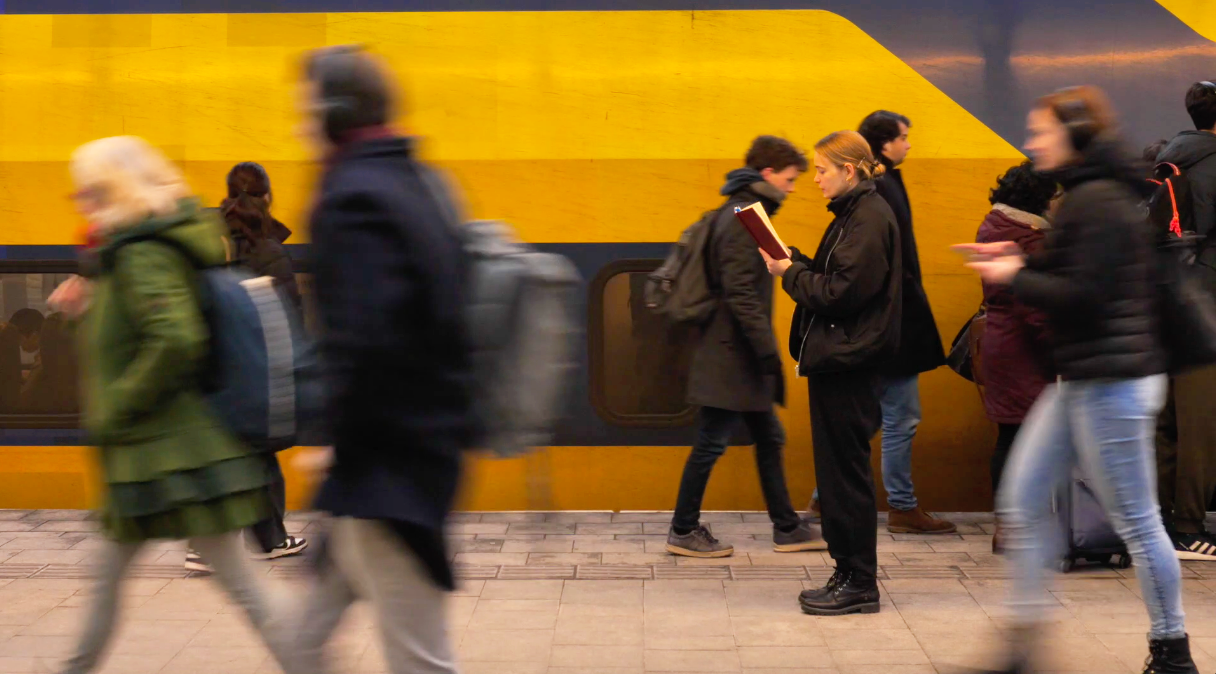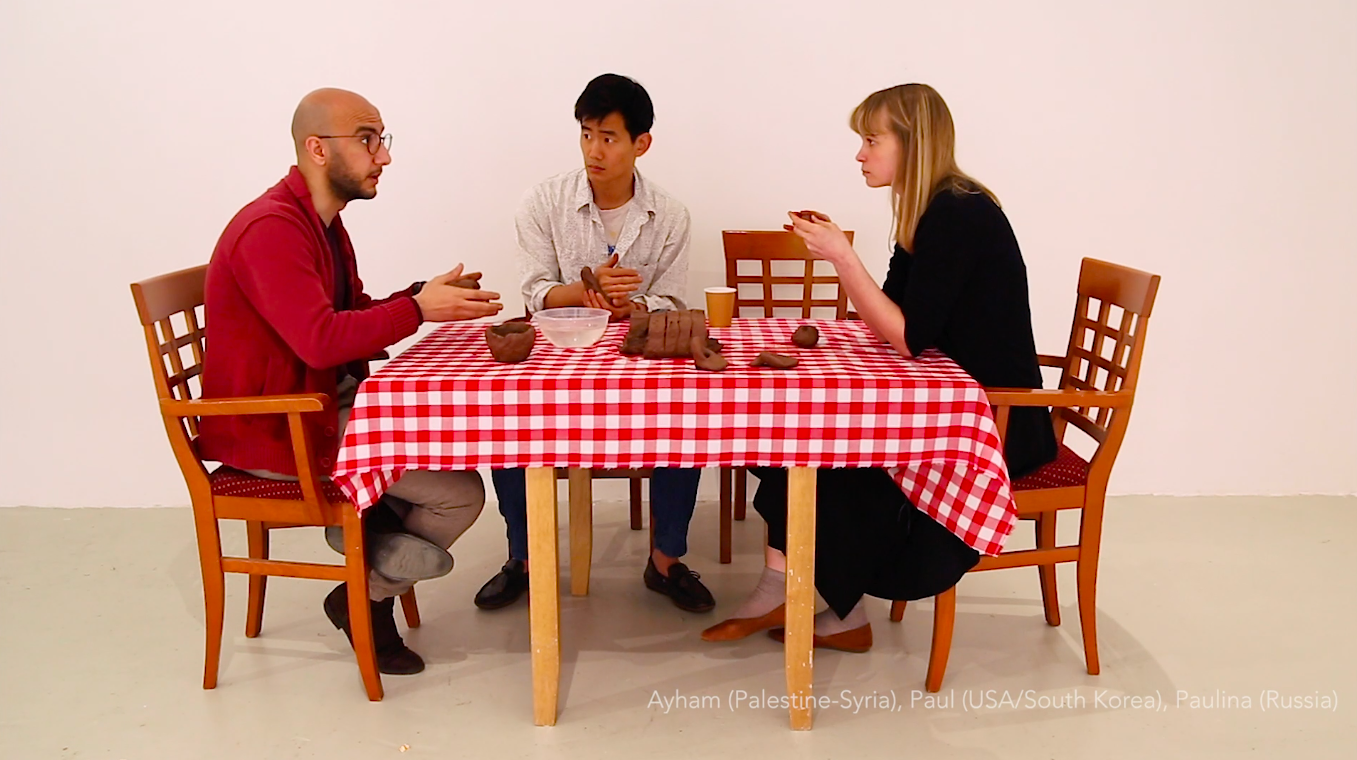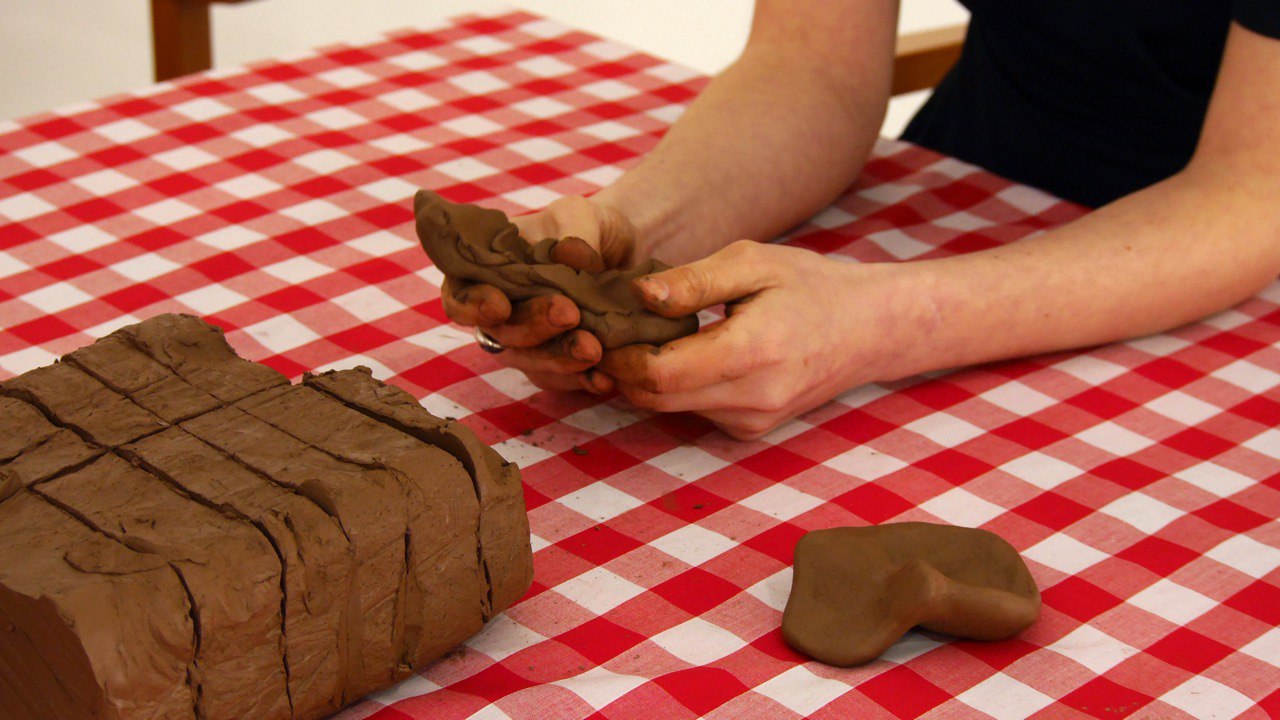Paulina Siniatkina

During this past academic year in the ArtEZ International Master ArtistEducator (iMAE), I have been contemplating how activist art can help individuals recover from trauma-induced identity loss. By engaging in artistic research and embracing performative practices, my praxis aims to address and navigate the complex traumas associated with surviving a conflict. I hope to confront the sensitivities mood from the divisive concept of "us versus them" that is prevalent in conflict-ridden communities, particularly the sense of guilt felt by Russian dissidents, and the increasing tensions between pro- and anti-regime communities within Russia . At this stage, my ultimate goal is to explore the possibility of facilitating a safe and constructive dialogue between the Russian and Ukrainian people amidst the ongoing conflict's pervasive tensions.

In my work "The Green Vest Diary", I embarked on a deeply personal journey by sharing my volunteer diary, which contained the stories of Ukrainian refugees I encountered at Amsterdam Central Station. The diary featured brief monologues of these refugees, intertwined with my own reflections and the sensitivities regarding helping Ukrainian individuals while being Russian myself. Through this performance, my intention was twofold: to release the deeply moving stories that resonated with me and to process my own trauma openly, and to provide a space for other Russian dissidents to identify and reflect upon their own traumas simultaneously.


On the 27th of May, 2023, I facilitated the "Non-Violent Kitchen Table" as a space for dialogue among individuals living in Belfast in the Catalyst Arts Gallery. Through this site specific project, I had an opportunity to engage in performative research with a group of people coming from different conflict-affected backgrounds. The conversations with attendances centered around our experiences of living in a post-conflict situation, where either side lives together in the same society. We discussed how it feels to have escaped conflict and arrive here, and explored how to engage in difficult conversations with friends or family members who hold deeply opposing convictions. The participants were given the simple task of shaping clay. The clay pieces did not necessarily have to represent any meaning,
My motivation comes from my personal experience, as in post-Soviet countries the kitchen table was often a hub for heavy political debates between opposing sides of the same conflict. In Russia, people hold vastly different political views which often leads to the division of friendships and families. At some point, some people choose simply to avoid discussing politics in order to maintain cohesion, as if silence is what keeps them together. Therefore, I intended to create a kitchen table where different conflicts can find mutually shared experiences.
Deze pagina is voor het laatst gewijzigd op 26 september 2023
Sta jij op deze pagina? En heb je een opmerking? Mail naar de redactie.